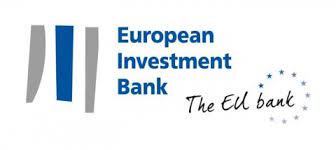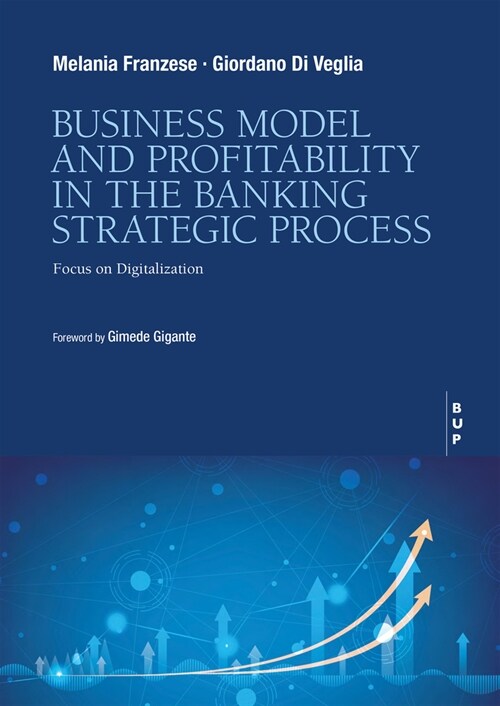by Michel Klompmaker & Dina-Perla Portnaar
We are all familiar with the supermarket chains Ahold and Delhaize, which a few years ago merged into one multinational company with roots in the Netherlands and Belgium. This multinational company has major interests on the other side of the Atlantic and in many European countries with its supermarkets. To get an idea of the size: In the third quarter of 2020, worldwide sales amounted to 17.8 billion euros, which is 10 percent more compared to the third quarter of 2019. That things are not going too badly for this multinational is evident from the report beginning of November. A new large-scale share buyback program for an amount of EUR 1 billion has been announced at the headquarters in Zaandam, the Netherlands. This purchasing program will start in early 2021. What is wrong with that? Nothing at all in itself, but much further from the Zaandam headquarters, in Indonesia, something is wrong. There, Ahold Delhaize is accused of serious animal cruelty. How has that come about exactly? We recently spoke about it exclusively with Erwin Vermeulen of Animal Rights. Continue reading…















The transition period is due to end on 31 December 2020, at which point the UK will cease to be part of the EU single …
Continue reading…